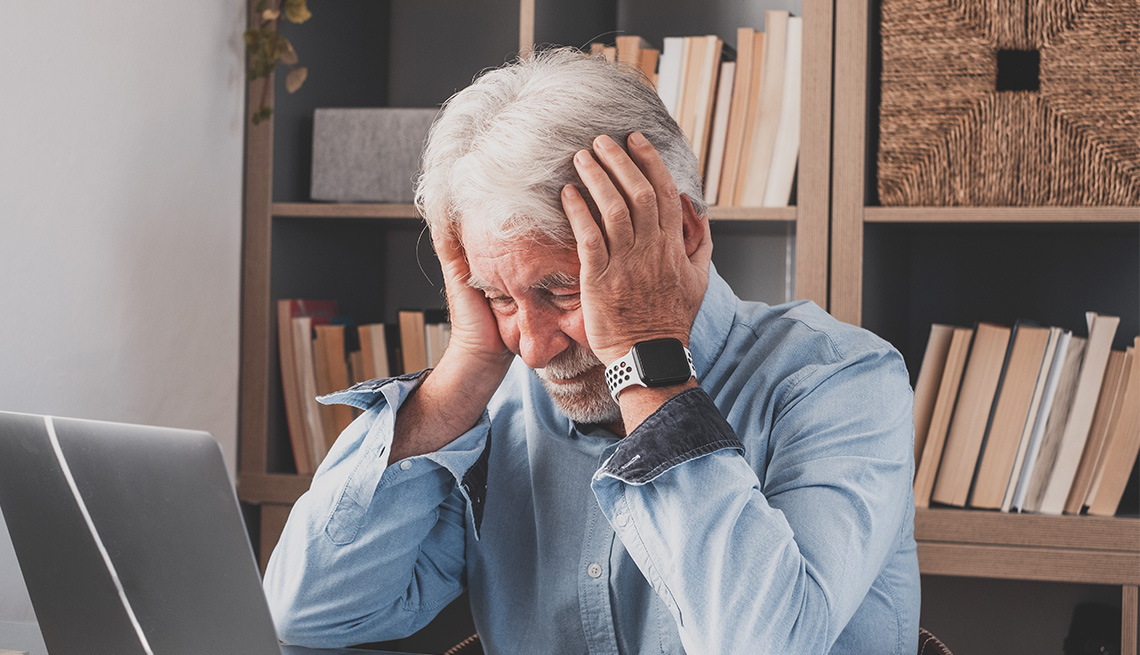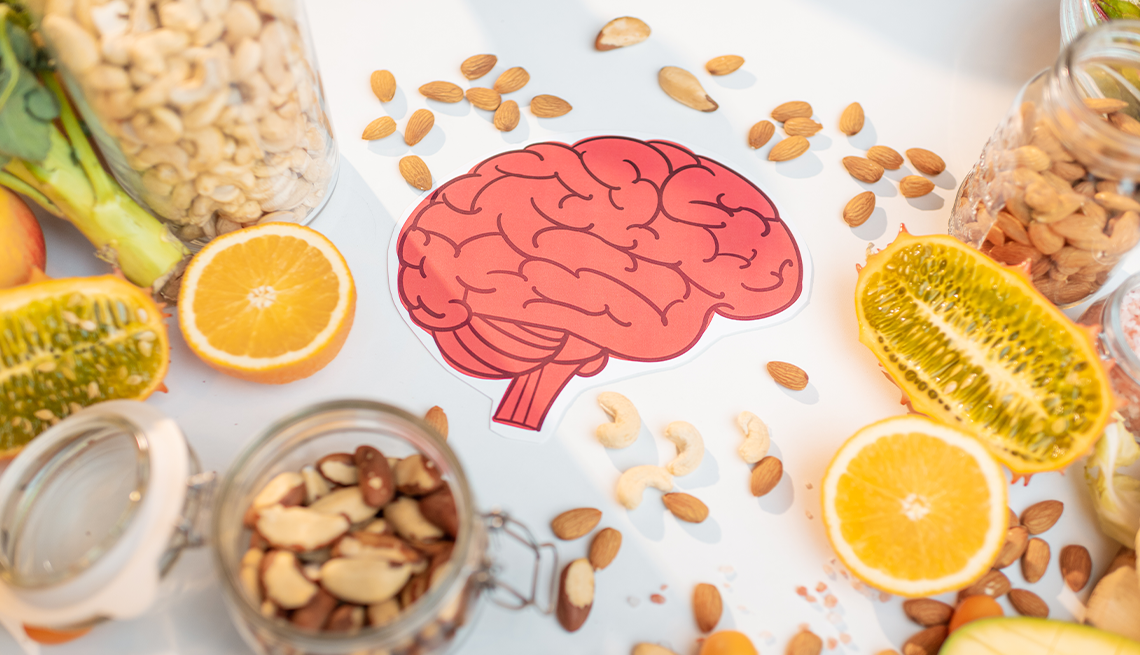It can be positive or negative; such as, inspiring you to meet a deadline or cause you to lose sleep. Anxiety is your body’s reaction to stress and can occur even if there is no current threat. If anxiety doesn’t go away and begins to interfere with your life, it can affect your health. It can lead to problems with sleeping or with your immune, digestive, cardiovascular and reproductive systems. You may be at higher risk for mental illness; such as, an anxiety disorder or depression. Both stress and anxiety affect your physical health so it’s imperative to manage them effectively.
While mental health includes our emotional, psychological and social well-being, knowing the difference between stress and anxiety helps you control it’s affects. Stress, fear and anxiety can all have a negative effect on our mental health, as well. The ancient “fight or flight” response is activated when we feel stress as more adrenaline and cortisol is generated to prepare us for action. It can be triggered when we experience something unfamiliar or unexpected. Anything that threatens our sense of self or when we feel we have little control over a situation will cause stress. Our ability to cope depends on our genetics, early life events, personality and social and economic circumstances. We all experience stress and we each deal with it differently.
There are three types of stress:
- Acute Stress
- Episodic Acute Stress
- Chronic Stress
One can actually get sick from stress. It can manifest in physical and/or mental symptoms, including anxiety. Consider these symptoms and speak with your doctor if you recognize them:
- Aches and pains
- Chest pain or a feeling like your heart is racing
- Exhaustion, trouble sleeping, sleeping too much
- Headaches, dizziness or shaking
- High blood pressure
- Muscle tension or jaw clenching
- Stomach or digestive problems
- Trouble having sex
- Worry, racing thoughts, anxiety and depression
- Anger, irritability or restlessness
- Feeling overwhelmed, unmotivated or unfocused
- Problems with your memory or concentration
- Making bad decisions
Practicing these habits long-term will provide a great deal of relief:
- Eat and drink to optimize your health. Some folks try to reduce stress by eating and drinking too much which, in the long run, has negative effects. Consume a healthy diet to combat stress.
- Exercise regularly – Exercise is a powerful stress reliever as it metabolizes excess stress hormones and restores the body to a calm, relaxed state. It releases endorphins which are natural substances that help you feel better and maintain a positive attitude. Any exercise is better than none, but try to include some vigorous exercise at least five times a week for half-an-hour to get your heart rate up, like swimming or jogging. If you are particularly stressed, go for a brisk walk.
- Stop using tobacco and nicotine products. Nicotine actually places more stress on the body by increasing physical arousal and reducing blood flow and breathing. It’s not a stress reliever.
- Study and practice relaxation techniques. Choose from a variety of techniques, such as deep breathing, imagery, progressive muscle relaxation, mindfulness meditation, music, biofeedback, and counseling. There are many online and smart phone apps that provide guidance on these techniques. Although some entrail purchase costs many are free.
- Reduce triggers of stress. Many people have too many demands and too little time. Practice time-management skills like asking for help when it’s appropriate, setting priorities, pacing yourself, and reserving time to take care of yourself.
- Examine your values and live by them. Use your values when choosing activities. The more your activities reflect your values, the better you will feel, no matter how busy you are.
- Assert yourself. It’s okey to say, “NO.” Demands on your time and energy drain you and you don’t always have to meet other’s expectations of you.
- Set realistic goals and expectations. It’s healthy to realize you cannot be 100% successful at everything all at once. Be mindful of the things you can control and work on accepting the things that you can’t control.
- Sell yourself to yourself. When you are feeling overwhelmed, remind yourself of what you do well. Have a healthy sense of self-esteem.
- Pursue hobbies on a regular basis.
The most important aspect of mental health is to get help when you need it. Talk to a psychologist, social worker, counselor, physician, pastor, friend or family member. Talking on a regular basis helps one work through internal conflicts as they arise instead of waiting until you are feeling very ill.
With all the unforeseen changes that have occurred over the past two years, it’s more important than ever for each of us to make our mental health and the mental health of loved ones a priority every day. We can start by taking breaks from watching TV, reading about, or listening to the news. Limit social media. While it’s good to be informed, a constant barrage of negative input is not healthy.
Practice human connection, develop new friendships with all ages and personalities to maintain a healthy, flexible insight on life.
Author: Judy Harrison (judy@pom.care)
*Information sources – CDC.gov, mentalhealth.org.uk; clevelandclinic.org; webmd.org; betterup.com)










